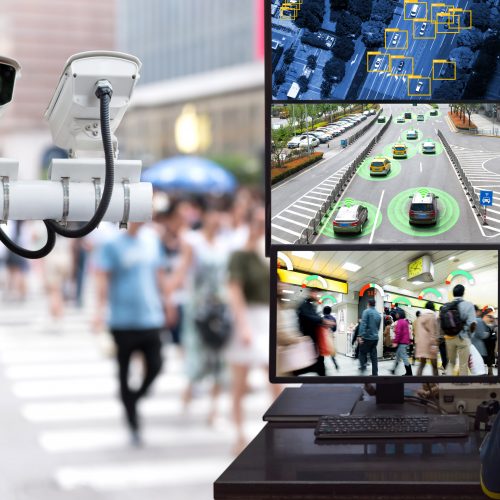There are several steps or building blocks that a city can put in place to help accelerate its digitalisation of operations and service delivery. A common theme for many of these steps is coordination. It starts with the city’s digitalisation plan, which has to be carefully structured in-line with the general development objectives of the city. Then there are the key steps of setting up units, committies and efforts for coordination, which include matters such as establishing personnel for leadership and procedures for data governance and cyber security. Effective implementation of smart agendas also requires a sound change management effort aimed at changing the mindset, skills and behaviour of civil servants in favour of a new digital reality. And finally, any successful digitalisation journey relies on adequate infrastructure to enable collection, transmission, storing, processing and dissemination of data. These and other building blocks necessary for a well-managed urban digitalisation pathway can be found below and throughout the section of the policy tool.
A typical starting point for any smart city initiative is a comprehensive digital strategy. Here it is worth noting that a planning process for urban digitalisation must incorporate the general development objectives for the city. Otherwise, the digitalisation efforts may end up (or be perceived) as digitalisation for the sake of digitalisation. Other early initiatives may include the setup of institutions, units or committies to ensure adequate leadership, coordination, data governance, and cyber security, as well as a citywide change management effort aimed at changing mindset and behaviour in favour of the new digital reality.
Cities rely on inter-dependent stakeholders and systems and any urban development initiative needs to be well coordinated. This is particularly key for an urban digitalisation process as data standards and processes must be harmonized to ensure effective connectivity between different systems and services. Further, a city will need to build up necessary capacity to understand and consider digital solutions that are new to the administration. Therefore, careful thinking should be put into the setup of entities to ensure they have sufficient representation and leadership to bring the agenda forward, as well as sufficient technical and legal expertise deliver the operations in an optimal manner. While specific approaches are likely to vary based on local contexts, a dedicated Digitalisation Steering Committee can be a useful approach, provided that such a committee strikes the right balance between representation, strong leadership and technical expertise.
Other building blocks include procuring digital infrastructure for the collection, storage, processing and transmission of data – for instance, sensors, wired and wireless networks, cloud computing systems and information portals. The digital infrastructure ensures data to be collected and analysed in an efficient and reliable manner, thus providing foundations for more advanced solutions like digital twins or intelligent transport systems.
More data collected, stored and processed is only one part of the picture. Ensuring that data is well managed, standardised and interoperable is just as important for any smart city development. In this way, it is essential to develop legal and Institutional frameworks that address critical issues such as data privacy, data ownership and data security. Also, harmonised data standards and interoperability need to be established to facilitate the exchange and communication of data systems among different stakeholders, both within and outside government. Then, open data initiatives can be considered to truly unleash the value of data, as the unrestricted use, reuse and distribution of data can improve public services, ensure transparency, and stimulate innovation.
More detailed policy instruments and case studies, relevant to the issues mentioned above, can be found in this section while sector specific digital solutions can be found under sector specific policy areas.

















